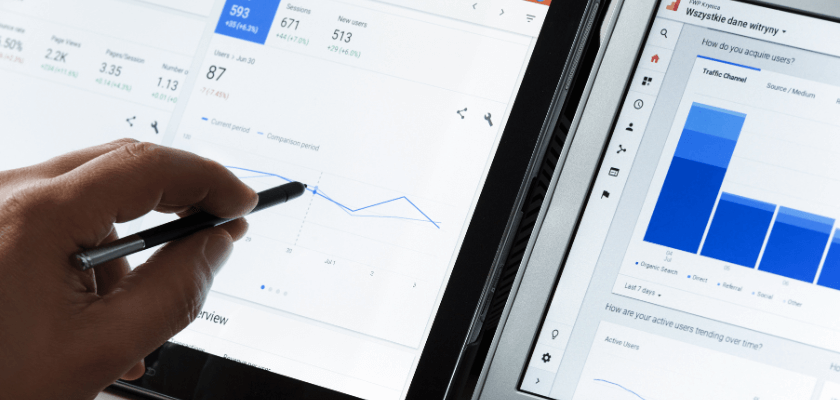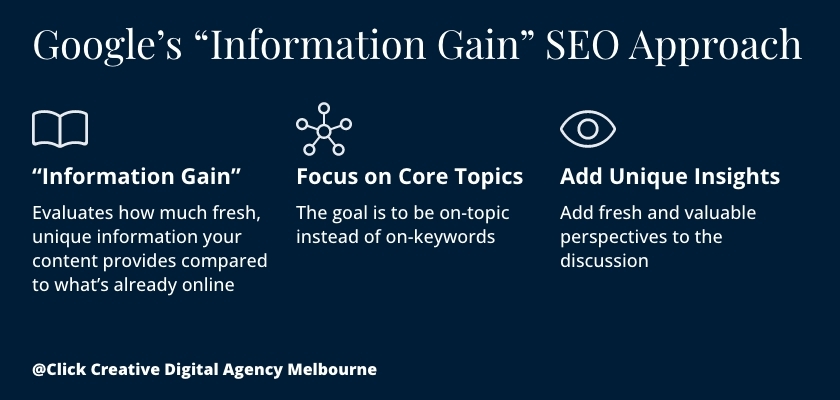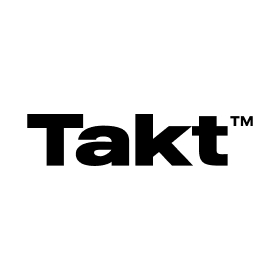
Google’s “Information Gain” SEO Approach: What Does It Mean for Your Website Ranking?
If your content isn’t performing as well as it used to, the issue might not be the keywords but Google’s new SEO metric. As reported by Search Engine Journal, Google’s pursuit of a better search experience has led to the “Information Gain” patent. Instead of focusing on keywords, Google’s algorithm now evaluates the overall relevance and value of content. In this article, we’ll explore what this means for your website.
What is the “Information Gain” Patent?
In June 2024, Google was granted a patent for a new algorithm that ranks pages based on the additional value they offer beyond basic keyword usage. Google’s “Information Gain” is a new tool that ranks pages based on the additional value they offer beyond basic keyword usage. In simpler terms, it evaluates how much fresh, unique information your content provides compared to what’s already available online. The goal is to prioritise content that delivers meaningful insights rather than repeating what’s already been said a thousand times.
How Does Information Gain Affect Search Results?
Information Gain works by checking how much new and helpful information your content gives compared to what’s already online. Think of it like a puzzle: the algorithm is looking for content that adds new pieces to the puzzle, making the picture more complete. For example, if there are already many articles titled “10 Tips for Managing Stress at Work,” the algorithm will look for content that offers something different, like “Advanced Techniques for Stress Relief” or “How Office Culture Affects Stress.” By highlighting these unique articles, Google helps searchers get a fuller understanding of the topic.

As users increasingly ask more natural, conversational questions in their searches, two strategies become important:
- Focus on Core Topics: Make sure your content covers the main topics thoroughly and includes closely related sub-topics, rather than just focusing on keywords. The goal is to be on-topic instead of on-keywords.
- Add Unique Insights: Offer fresh, valuable perspectives instead of just repeating old information, which can seem spammy.
Information Gain encourages publishers and SEOs to rethink their content strategies to align Information Gain encourages content creators and SEO experts to rethink their strategies to match how people are searching now. This means organising web page content in a way that helps search engines see how relevant and useful it is overall. The patent describes ways to represent a web page’s content, like using different techniques to summarize the page’s main ideas. This summary is then used to calculate an Information Gain score.
Instead of ranking pages just based on keywords, the algorithm looks at how much new and valuable information the content provides. Pages that offer fresh insights or a deep dive into a topic may rank higher, contributing more to what users can learn.
The patent also explains how Information Gain scores can be used to rank not only the initial pages people find but also those that answer follow-up questions or go deeper into a topic. For example, if someone searches for “stress management,” the search engine might show pages that cover basic tips and also explore related topics like how office culture impacts stress.
The Role of AI-Driven Search in SEO
The AI-driven algorithm behind Information Gain looks at more than just keywords—it analyses the whole page. It checks how much new, useful information the page offers compared to other search results. For example, if someone searches for “stress management techniques,” the algorithm might first show articles with general tips, but then it will prioritise content that goes deeper into related topics, like advanced stress relief methods or the impact of workplace culture on stress. This AI-powered evaluation helps ensure that users get content that adds to what they already know, offering new insights and a more complete understanding of the topic.
For SEO professionals, this change means adjusting their strategies. It’s not enough anymore to just include relevant keywords in your content. Now, your content needs to be informative and really add value to the reader’s knowledge. SEO strategies should now focus on creating content that explores a topic in detail, offering unique insights or addressing questions users might have after their initial search. AI-driven algorithms in the Information Gain patent evaluate how a web page helps users on their information journey. Content that just repeats widely available information is less likely to rank well. Instead, content that anticipates the user’s next questions or explores complex aspects of a topic will be preferred.
Moreover, AI-driven algorithms are designed to understand and predict what users will search for next. This means that your content should not only answer the initial search query but also provide information for the follow-up searches. For example, if a user first searches for a “beginner’s guide to SEO,” the algorithm might rank pages higher that not only cover the basics but also offer advanced tips and strategies for those wanting to learn more about SEO.
Conclusion
Google’s move toward the Information Gain metric represents a big shift in how content is ranked. The focus has shifted from just keywords to the depth and value of your content. To stay competitive, it’s crucial to create content that offers unique insights and anticipates what users might search for next.
If dealing with this new landscape seems tough, working with a digital agency could be very helpful. Their expertise can fine-tune your SEO and content strategies, making sure your site stays visible and effective in the constantly changing search environment.
About Click Creative
The team of Click Creative is a group of like-minded people dedicated to producing creative, effective digital solutions for our clients. Specialising in custom, bespoke websites, applications, and digital marketing solutions. We bring years of experience, yet bright new ideas to the table every day – we love programming, keywords and coffee!






















